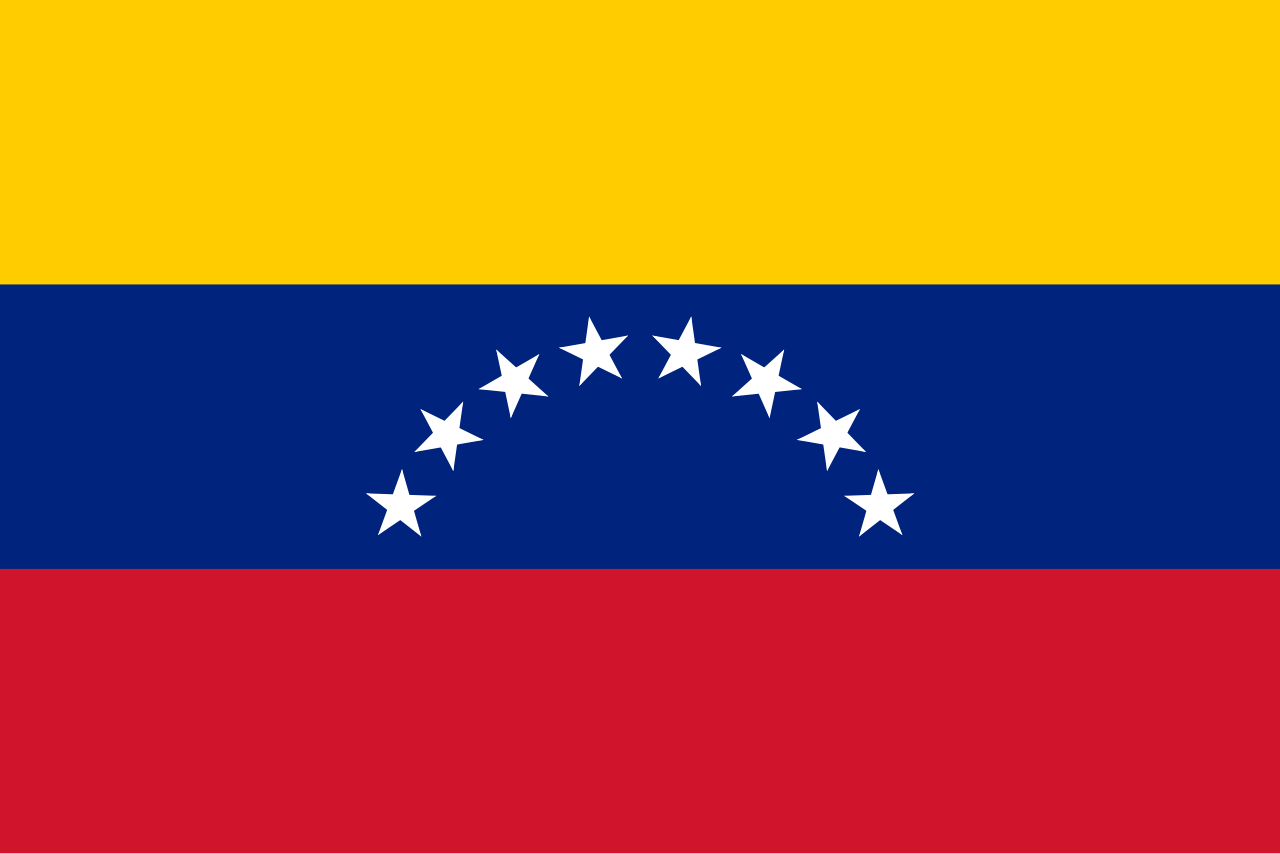Earlier this month the blessings of Ranginui washed the hikoi as it made its way to the powhiri at Te Tii Marae at Waitangi in the midst of pouring rain. Around 200 people assembled. Some had made the long march from Northland to Auckland and back, others, like us, joined after the massive anti TPPA demonstrations. Our hikoi was welcomed by the Ngā Puhi elders, who spoke on the marae about the challenges facing Māori today.
Māori sovereignty and all indigenous rights were raised by the speakers: that only Māori and the Treaty of Waitangi are mentioned specifically in the agreement was a scandal. The Ainu of Japan, the Aboriginal peoples of Australia, Hawaiians, the Mapuche of Chile, and the first nations tribes of Canada and the US are not mentioned at all. Ratana elder and former Mana party leader Kereama Pene said Māori had to represent on an international level: “The whole world is focused on Māori, we were a big part of writing the U.N. Declaration of Indigenous Rights, Māori are the one to win this and if we fight we will have the support of all indigenous people.”
“Māori must stand up to corporates, we cannot rely on corporate iwi to stand for us, corporate tribal iwi will not help; we have but two choices, sell out or stand on our own Mana. Many iwi have bowed before the crown, Ngā Puhi is the last to bow, we remember the fight of Bastion Point and we must fight because the price we always pay is blood.”
After the welcome we moved to the forum tent for more talks led by Annette Sykes and Jane Kelsey. One of the big bills that is going through parliament at the moment is Te Ture Whenua Bill – which has flown under the radar but is as wide-reaching as the 2004 Foreshore and Seabed Bill, which continued the long-standing policy of Crown confiscation of Māori land and resources. Te Ture Whenua encourages Māori to commercialise what remains of collectively owned land. These changes will only be good for lawyers, accountants, surveyors, valuers and corporate speculators. The $7 billion dollar suggested value of the bill shows how much land is up for sale – and only Māori land that is affected. Consultations held by the government have been held in big cities and hotels but not rural marae – iwi corporates have seen and approved of the deal, but most Māori landowners in rural areas have not. This has been Te Ururoa Flavell’s pet project and, as usual for a Māori party leader, he has support from the corporate iwi warriors under the banner of FOMA (Federation of Māori Authorities). FOMA are an unelected board that purports to speak for all of Māoridom. But as Annette Sykes says, “FOMA are the Coca-Cola of the Māori World, sweet and sugary but real bad for you. Traci Houpapa [Chairman of FOMA] does not have a mandate to speak for Māori”.
Te Ture Whenua Bill fits into the wider treaty settlement process, offering a paltry amount of compensation for abuses and confiscations, forcing a corporate board structure on iwi and allowing the compensation to slowly accrue to New Zealand and iwi capitalists over time. We have already seen one iwi (Ngāti Tama) lose all of the compensation paid by the settlement. This is not the fault of individual iwi management decisions but an example of how capitalism works. Those with capital find it much easier to accumulate wealth; those without capital find it nigh upon impossible to do so – paltry settlements end up being a temporary benefit.
The privatisation of water
The privatisation of water has been on-going region by region in the last 10 years but has become acute problem, as climate change bites. Farmers are competing with town supply, particularly from low-lying tributaries. Annette Sykes warned of the threat to everybody’s right to water that is expected in a government announcement in April later this year about the allocation of water. The Wai 262 claim to the Waitangi Tribunal over mātauranga Māori (Māori knowledge) and intellectual property as well as claims over water rights are also impacted by the Investor State Disputes provisions in the TPPA . Even after the latest Waitangi Tribunal ruling that Ngā Puhi (the last iwi to settle with the crown) never ceded sovereignty, the government is still rejecting these claims. Ngā Puhi is the last and largest iwi to settle with the crown.
The National government is looking to wrap up the Waitangi Tribunal as its mandate expires at the end of this year – but it’s a joke to think the tribunal has achieved the historic task it was given. The tribunal has put some pressure on parliament but land rights are still under attack. However, we agree with Annette Sykes, we place our hope in the struggle on the streets not in the legal system: “ The shutdown of Auckland city and the co-ordinated mass action of 30,000 people following civil disobedience raised more awareness about these issues, I’m so proud of our rangitahi who lead the march. Māori rights are under attack but the legal battles can paralyse movements – we need to get out on the street and fight for our rights.”
The fight for Māori land rights must not be a spectator sport for Pakeha, Jane Kelsey said.
“Māori know what is like to be dispossessed of their lands; their rights and their sovereignty and Pakeha are just about to learn what it’s like. The TPPA and the campaign against it is a building block for more struggles in the future and that scares them [the establishment],” she said.
Kelsey has experience arguing against the state at the Waitangi Tribunal. Governments don’t always honour treaties, she said, and the Treaty of Waitangi could fall victim to the TPPA, which was based on the commodification of everything under the sun. It treated everything in terms of profitability, especially democracy and the rights of workers. Let alone Māori: the government only approached FOMA (the Federation of Māori Authorities) for consultation – no other Maori whatsoever.
Even though there is a clause about Māori in terms of the Treaty of Waitangi, the government decides its obligation and compensation. Given the track record of the state, ignoring Māori people and looking after big business, we cannot trust this. NZ would have to be prepared to offend multi-national corporations and other states, opening themselves up to ISDS lawsuits – not likely.
No other indigenous peoples are included in the agreement. The UN Special Rapporteur on Indigenous Rights recently said the ISDS provisions in the TPPA are the biggest threat to indigenous peoples. Jane Kelsey, ended her talk by saying the government “now has to sell this deal to the public and will be going to town hall meetings to explain the deal to local people, we have to set up unwelcome committee’s just so people know how bad this deal is and so the government knows that they will not get this through.”
The crowd at Waitangi was militant. The fight against TPPA will become a sustained campaign. The people I met at Waitangi will not accept this deal, and see it as another injury to add to the scars of the past. Support for tangata whenua rides high, with people from all works of society coming to Waitangi to join in the struggle, nurses, doctors, lawyers, trade unionists and socialists. This campaign is alive and growing, and the struggle against racism and capitalism continues.
Workers of the World Unite!









